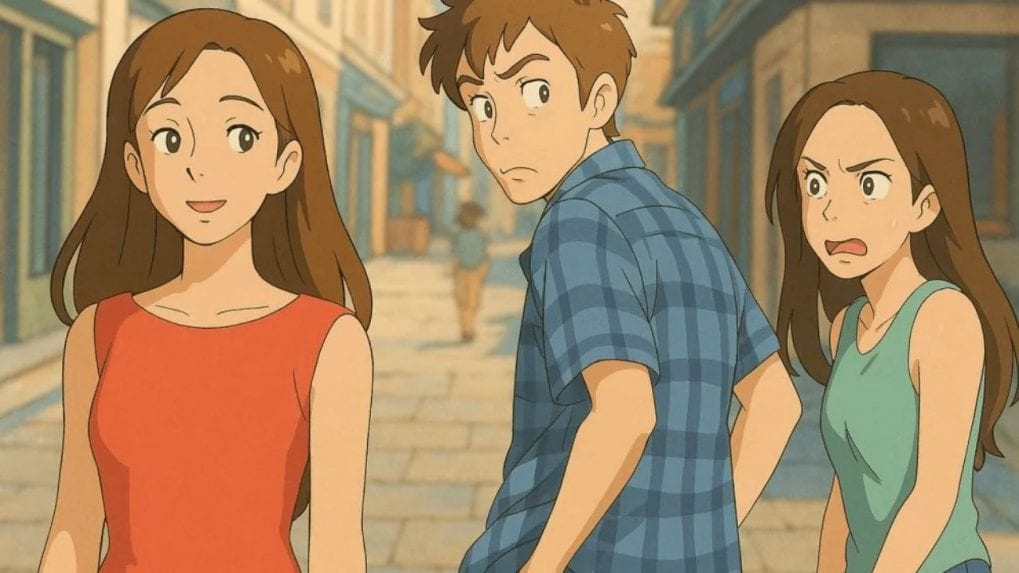Studio Ghibli and other Japanese publishers demand OpenAI Stop copyrighted content use
This action addresses OpenAI’s approach to copyrighted content, which prioritizes action over permission. This practice has allowed users to generate media of copyrighted characters and deceased celebrities, drawing complaints from organizations including Nintendo and the estate of Dr. Martin Luther King, Jr.
ADVERTISEMENT
Japan's Content Overseas Distribution Association (CODA), representing publishers including Studio Ghibli, sent a letter last week requesting OpenAI cease training its AI models on their copyrighted content without permission.
The request follows the impact of OpenAI's generative AI products on Studio Ghibli, the animation studio behind films such as “Spirited Away” and “My Neighbor Totoro.” The release of ChatGPT’s native image generator in March led to a trend of users creating images in the studio’s style. OpenAI CEO Sam Altman used a “Ghiblified” picture as his profile on X.
With increased access to OpenAI’s Sora app and video generator, CODA has formally asked OpenAI to avoid using its members' content for machine learning without authorization.
This action addresses OpenAI’s approach to copyrighted content, which prioritizes action over permission. This practice has allowed users to generate media of copyrighted characters and deceased celebrities, drawing complaints from organizations including Nintendo and the estate of Dr. Martin Luther King, Jr.
OpenAI has the option to cooperate. Refusal may lead to lawsuits. United States law remains unclear regarding the use of copyrighted material for AI training. Precedent is scarce, as copyright law has not seen updates since 1976. A recent U.S. federal judge ruling determined that Anthropic did not violate the law by training AI on copyrighted books, although the company received a fine for pirating the books used.
CODA maintains that this constitutes a copyright violation under Japanese law.
“In cases, as with Sora 2, where specific copyrighted works are reproduced or similarly generated as outputs, CODA considers that the act of replication during the machine learning process may constitute copyright infringement,” CODA wrote. “Under Japan’s copyright system, prior permission is generally required for the use of copyrighted works, and there is no system allowing one to avoid liability for infringement through subsequent objections.”
Hayao Miyazaki, a key figure at Studio Ghibli, has not commented on the AI interpretations of his work. However, in 2016, he described a demonstration of AI-generated 3D animation as “utterly disgusted,” stating he felt it was “an insult to life itself.”


